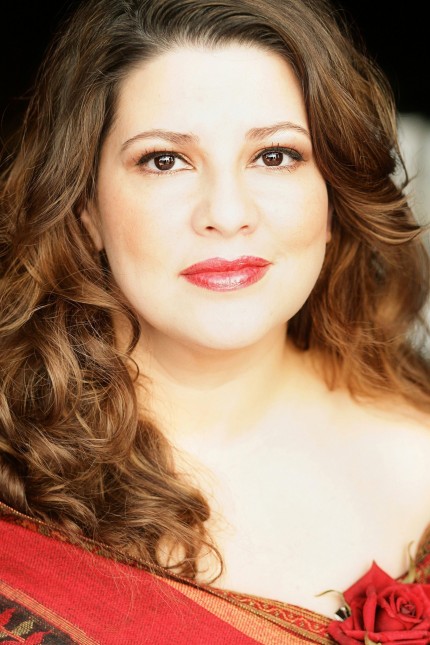The Chicago Ensemble explores a wide range of music in season finale

The chamber music repertoire is vast and varied. Depending on the instrumental lineup, ensembles with a taste for adventure will find no shortage of pieces that offer something new and rewarding for themselves and audiences.
Pianist Gerald Rizzer, who founded the Chicago Ensemble 35 years ago, is nothing if not adventurous in the repertoire he chooses for his small group of mixed instruments. But there’s an extra spark to what he does. Rizzer seems to love the process of finding unusual music as much as he loves performing it, and he passes that thrill of the chase on to his audiences.
The ensemble’s program Tuesday night at Fourth Presbyterian Church, which will be repeated Sunday at International House on the University of Chicago campus, was a perfect case in point. Closing the group’s season, it opened with a more-than-obscure, wonderfully dramatic little cantata by Alessandro Scarlatti, father of the more famous Domenico. Next came another rarity, a mysteriously spiky sonata for two violins by Prokofiev from 1932. Sets of songs by Chausson, Duparc, Vaughan Williams and Chicago composer Dan Tucker, all featuring the clear, warm soprano of Michelle Areyzaga, followed, and the concert closed with a rhapsody for cello and piano by Ginastera. Rizzer’s low-key, spoken comments provided unusual bits of history and links between the pieces that gave the program coherent shape.
Fourth Presbyterian can feel cavernous for the audience, but the ensemble’s collection of two violins, cello, keyboard and voice sounded rich and crisp in the church’s resonant acoustics Tuesday night. Especially in the cantata Già lusingato appieno, as she portrayed a heroic, defiant king heading off to war, Areyzaga’s voice soared with the vigor and clarity of an avenging angel. Andrew Snow’s cello took on a soulful depth, and the violins of Stephen Boe and Rika Seko had a luminous glow than never distorted their tensile, focused tone.
Without undue histrionics, Areyzaga drew us into her songs like a gifted storyteller. In pairs of songs by Duparc and Chausson, she explored various layers of melancholy. A sense of almost angry resignation suffused Chausson’s Le Temps de Lilas (The Time of Lilacs) while her sorrow was more rapt and ethereal in his Nos souveniers (Our Memories). In six Spanish-flavored songs by Dan Tucker, her long melodies, confident virtuoso flights and sweet, ringing tone stood out clearly against Rizzer’s rhythmically bracingly, brightly dissonant accompaniment.
Boe and Seko were intimate partners in Prokofiev’s C Major Sonata for two violins, trading musical ideas like close friends moving through an unsettled emotional landscape of profound loneliness, good cheer and fury. Rizzer and Snow brought equal dramatic color to Ginastera’s Pampeano No. 2, Op. 21.
The program will be repeated 11:45 a.m. Sunday at International House on the University of Chicago campus. thechicagoensemble.org; 773-889-4206.
Posted in Performances




